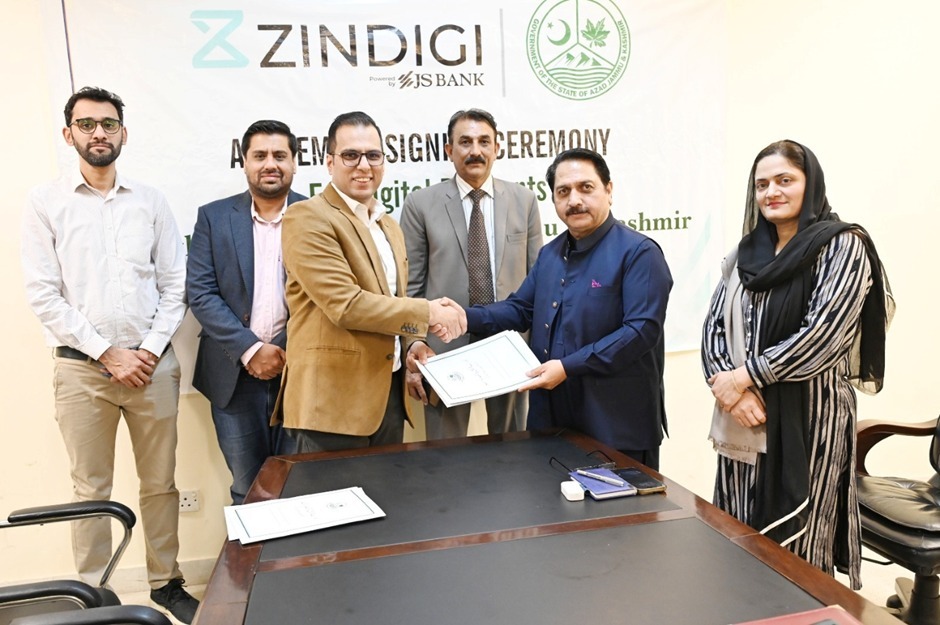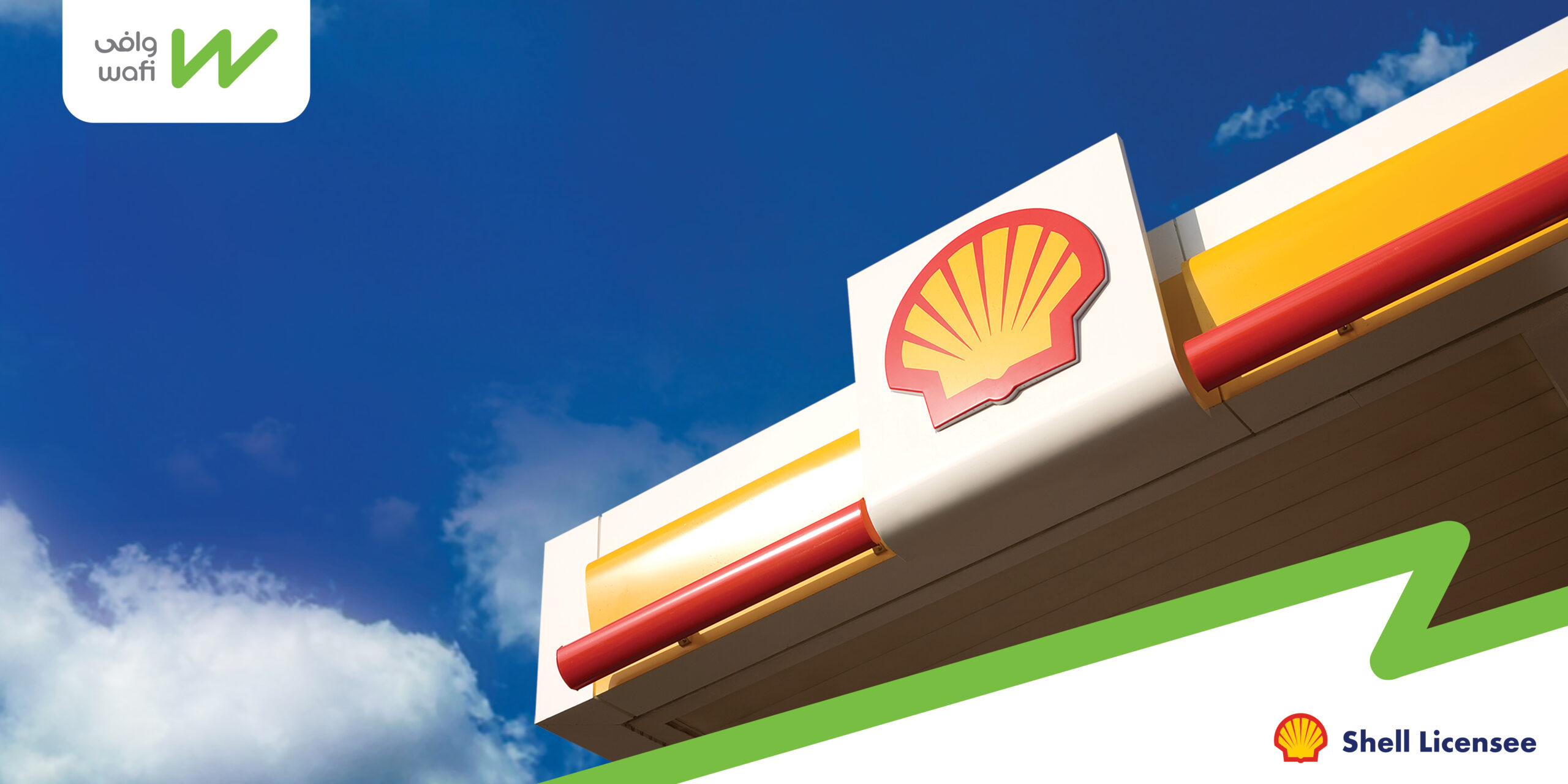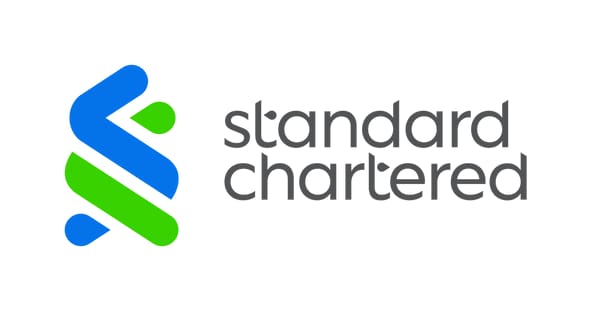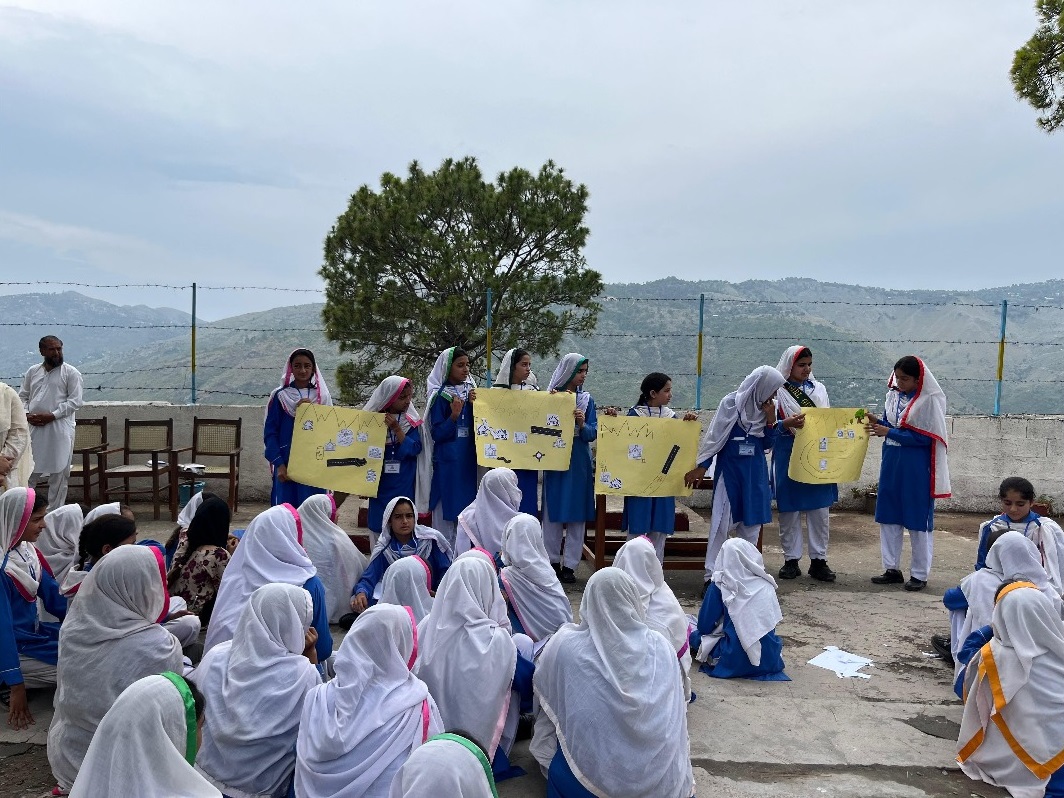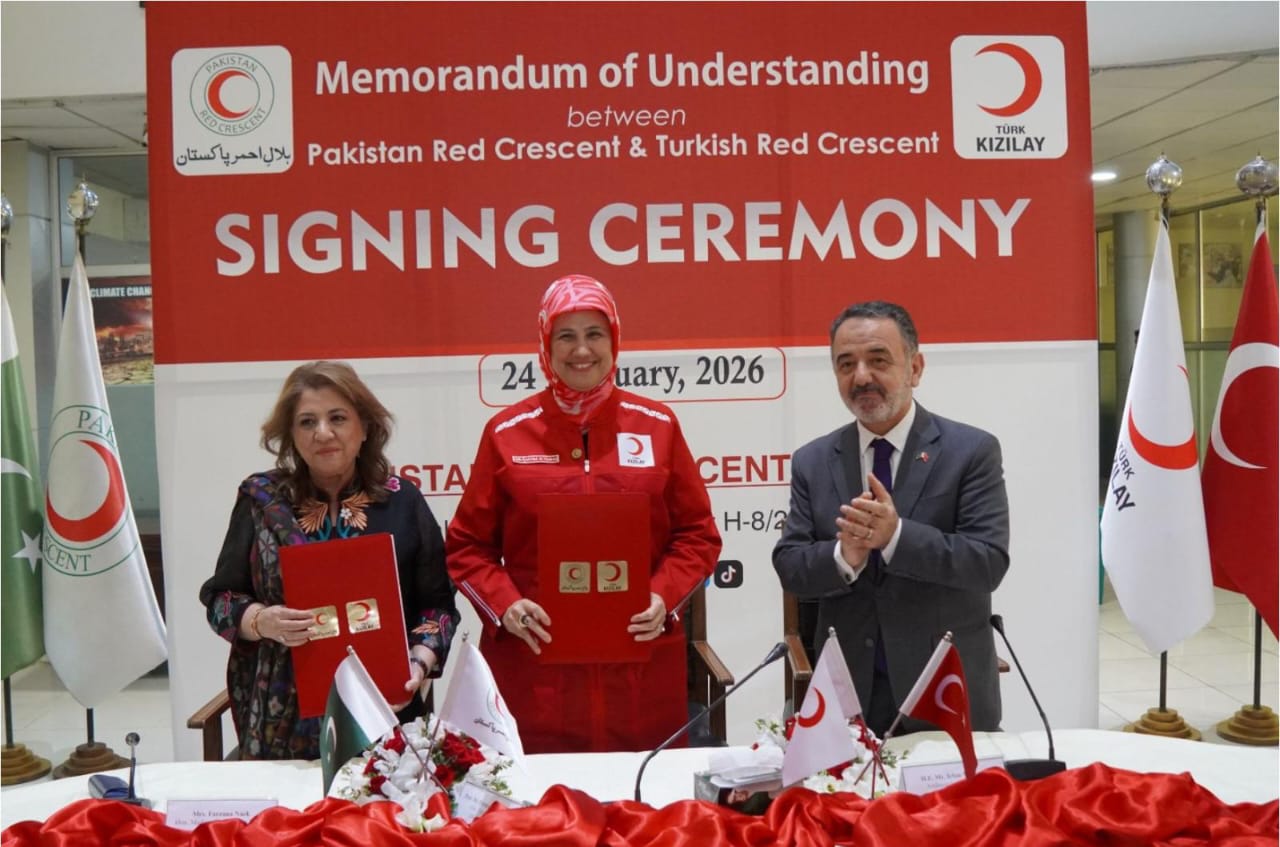Maryam Government’s Green Tractor Scheme to Bolster Agricultural and Industrial Economy: PAAPAM
The Pakistan Association of Automotive Parts & Accessories Manufacturers (PAAPAM) has lauded the recent agricultural initiative spearheaded by Maryam Nawaz, aimed at providing subsidized tractors to farmers in Punjab. In a recently held executive committee meeting, PAAPAM’s leadership, including Chairman Mr. Abdur Rehman, Senior Vice Chairman Mr. Mumshad Ali, and Vice Chairman Mr. Taufiq Sherwani, expressed their support for the scheme, noting its potential to significantly enhance Punjab’s agricultural economy, thereby contributing to the overall national economy.
The leadership drew parallels between this initiative and similar efforts made by the previous PML-N government under Mian Muhammad Shehbaz Sharif. They emphasized that the current government’s approach of directly supporting farmers through subsidies is far more effective than the previous practice of providing support via wheat price guarantees, which often resulted in inefficiencies, corruption, and misallocation of funds.
PAAPAM representatives highlighted the broad impact of this subsidy, which extends beyond agriculture to bolster Punjab’s industrial base. The scheme supports over 250 part suppliers to the two major tractor assemblers in the province, Millat Tractors and Al-Ghazi Tractors. These companies are responsible for producing some of the most affordable and durable tractors in the world, with a strong sale and service network across Pakistan. The tractor industry in Punjab, employing thousands of skilled and semi-skilled workers, is a cornerstone of Pakistan’s engineering sector, contributing not only to the domestic market but also to exports and other industries, including automobiles, motorcycles, and home appliances.
Mr. Mumshad Ali noted that the contribution of the tractor parts industry to the national economy is often underappreciated. He emphasized the significant progress Pakistan’s engineering sector has made since independence, evolving from a cottage industry into a vital component of the national economy.
However, Mr. Ali also expressed concern over the recent drop in tractor bookings following the announcement of the subsidy, as farmers anticipate the 1.5 million PKR subsidy per tractor, applicable to 20,000 tractors across Punjab’s districts. He suggested that the subsidy amount be reduced to 1 million PKR, allowing for an increase in the number of subsidized tractors to 30,000 units per annum. He also proposed that this subsidy be made a permanent feature of the Punjab finance bill.
PAAPAM has decided to formally approach the Punjab Finance and Agriculture Ministers with these recommendations to ensure the scheme’s long-term success and broader impact on both the agricultural and industrial sectors of Punjab.




